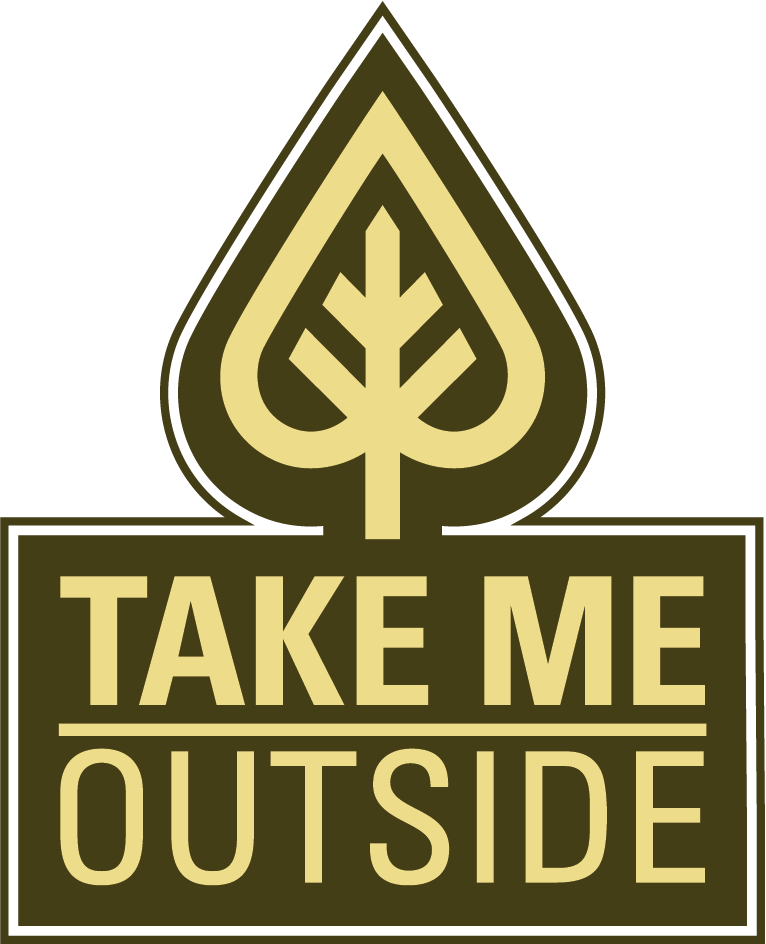60 results for group: 2023
Feed The Youth
Feed The Youth workshop will educate the attendees on food sovereignty and the ways it can be achieved within our lifetime. We will explore existing food systems and how they contribute to food insecurity in Canada. Then we will go over the definition of the Indigenous Food System, and discuss possible solutions and plans of action. Our workshop will include games, icebreakers and interactive learning.
Beyond Outdoor Education: Nurturing Relationships Through Land-Based Education
SIIT is offering land-based camp opportunities to Early Childhood Educators from across the province. The goal of the program is to enhance the understanding of land-based education and provide practical strategies for engagement at local childcare centres. The skills learned in these sessions can be used in a broad range of settings such as daycares, preschools, and elementary schools. This session will outline our land-based camp approach and provide opportunities to practice some of the skills that a participant will take part in.
Walking Together: (Re)Connecting to the Land through Storytelling
Join us for an interactive storytelling of a new picture book, 'Walking Together,'
co-written by Elder Albert Marshall and Louise Zimanyi, illustrated by Emily Kewageshig (Annick Press, 2023). Grounded in Etuaptmumk/Two-Eyed Seeing (in Mi'kmaq), the gift of multiple perspectives, follow young children connecting to the Land as spring unfolds with Robin's return, Frog's croaking and Maple tree's gift of sap. Through art and conversation, we explore how braiding Indigenous and non-Indigenous ways of knowing together through responsible and reciprocal relationships benefits all.
Two Eyed Seeing
The Mi’kmaw guiding principle of Etuaptmumk, or ‘Two-Eyed Seeing’, coined by Elder Albert Marshall and Dr. Murdena Marshall, teaches us to see from one eye with the strengths of Indigenous knowledge and ways of knowing, and from the other eye with the strengths of Western knowledge and ways of knowing. In this workshop we will explore and show how Etuaptmumk can be authentically woven into our environmental and climate change teaching for the benefit of all students.
Applying ourselves to listening to place: Learning by doing
Listening engages all the senses, and of course, the heart. The workshop introduces key points about the lost connection with land, and the ability to listen. Educators are encouraged to consider the subtleties hiding in their language towards land, as well as habits with regards to outdoors as a learning space. We will explore ready-to-use lessons/activities where senses and Indigenous learning principles are central, and where land and more-than-humans feature prominently. These lessons highlight Indigenous languages, and tie to essential self-assessments. Join in this fast-paced adventure!
Environmental Games: Bring the fun of outdoor learning into your classroom
Learn a variety of hands-on environmental games and activities that you can do outdoors with your class or group. Environmental Educators Michelle and Istafa will teach you several activities that you can use anywhere to engage students of all ages in outdoor learning in a fun and interactive way. The activities you will participate in can be applied to science, math, art, and physical education curriculum topics at a variety of grade levels. They also help foster practical skills such as teamwork, problem solving, and communication, and promote curiosity and comfort outdoors in your students.
Playful Engagement in Nature for Well-Being
Promoting connection and wonder in the outdoor environment begins with rekindling that sense of wonder in ourselves. Come with the intention to treasure the moment of experiencing a sit spot, listen and connect to the personal journey of faculty who have moved their teaching outdoors, and reflect on the stories of students learning in the forest.
Camp Magic
"Taking kids outside can open the doors to a magical world of unexplained adventure, experiences and stories. When these moments happen as outdoor educators, we often refer to them as 'Camp Magic'. Situations that leave students and teachers with a memory of a life-time and a story that will be told for many years to come.
But how do we create these 'magical' moments for our students? Can we actually plan 'Camp Magic' or does it happen organically, naturally and only when unplanned?
Join me in this session as we explore the thought process behind these moments and how to potentially design, facilitate and implement your own 'Camp Magic'."
Ripple effect: Working together to protect water
Water Rangers believes that everyone has the right to learn about and help protect water bodies! You will learn how your students can help scientists gather water quality data using the Water Rangers testkits. After an introduction to participatory science and water quality testing, you will test water quality! While testing, we'll discuss how to set up excursions, what the results mean, and how to connect this activity to other topics. The data gathered can be openly shared online. The tools presented are best suited for ages 10 and up, although educators working with all ages are welcome!
Looking to Nature for Climate Change Solutions
Climate change is one of the most complex, interconnected challenges of our time. But we can’t lose sight of the impact we can make if we take collective action and look to nature for inspiration. In this workshop we will take a nature-based, solutions-focused approach by looking at circular economy and renewable energy as ways to combat climate change. Participants will also create their own art using natural elements inspired by the workshop discussions and learn how this ties into GreenLearning’s classroom climate advocacy tool and eco action challenges.




